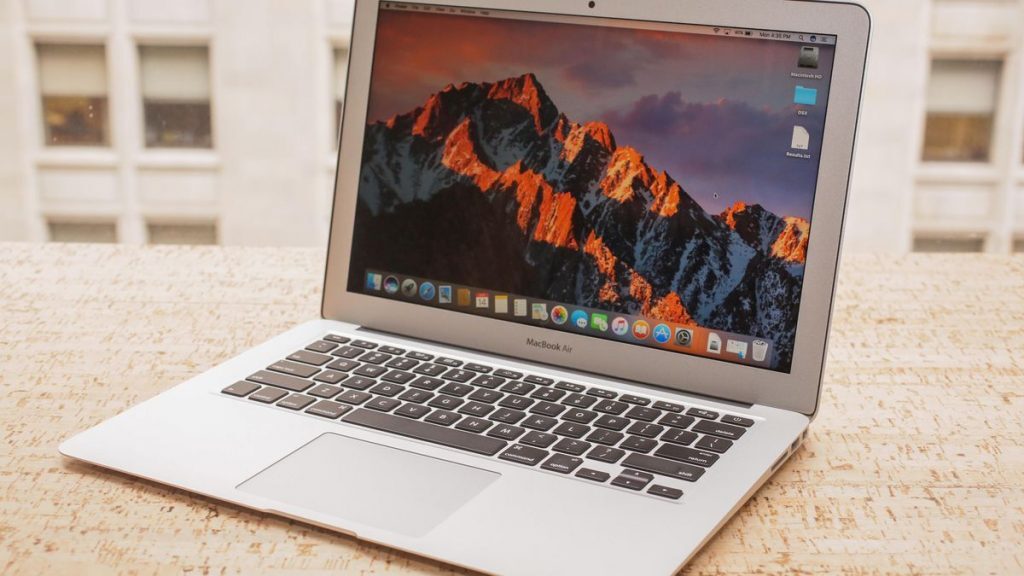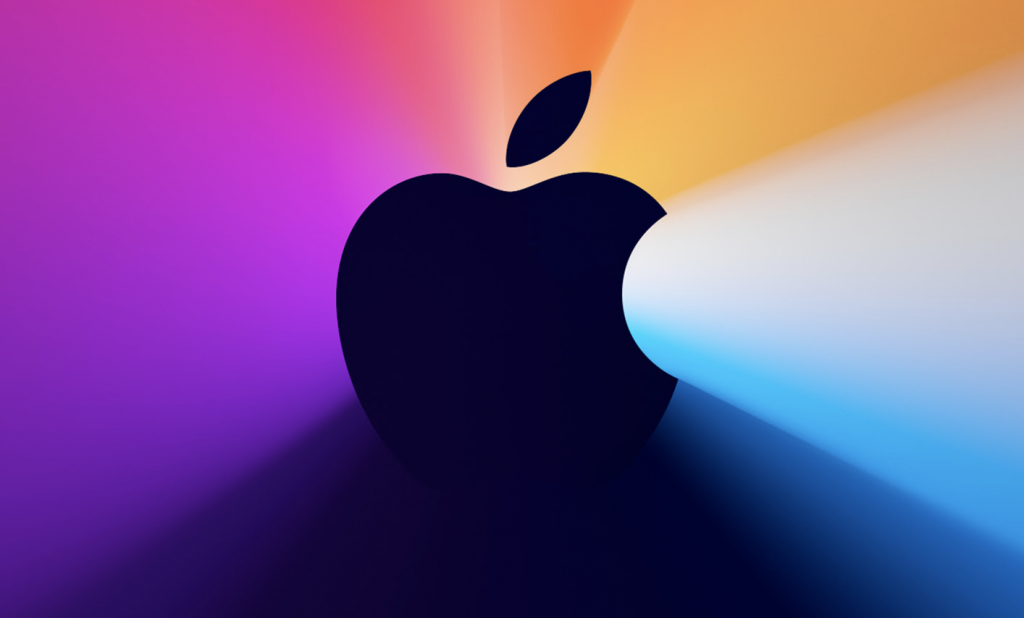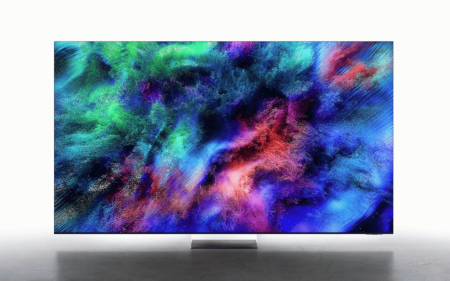With the announcement of Apple’s upcoming “One Last Thing” event next week, reports indicate that the company will finally implement its own chips in the (probably) soon-to-be announced MacBook range. The Arm-based chips, developed by Apple, will debut next week, marking an end to what has been a fifteen year relationship between Apple and Intel, who was been responsible for the chips in nearly every other MacBook. It’s like watching friends go through a break-up but neither are your friends and one’s actually pretty evil but also going on to do cool stuff so… mixed emotions all around.
The three new MacBooks expected to debut next week will all run on processors designed by Apple, a massive change for the internals of the new machines. The MacBooks in question include a 13″ MacBook Pro, a 16″ MacBook Pro and a 13″ MacBook Air. Beyond the inclusion of Arm-based chips, the other specs of the devices should be quite similar to last year’s models. Does that really surprise anyone at all?

Apple’s keeping things personal
The processors used in previous MacBooks have previously been impressively snappy so we can only speculate that if Apple is dead set on including its own processors in the latest MacBook they have to be similarly fast, if not faster altogether. Our money’s on ‘faster’ given how speedy the new generation of iDevices are.
The first MacBook processors will be based on the A14 chip found in the iPhone 12 and iPad Air. The notebook chips will be more powerful than their mobile counterparts, based to the scale they’ll need to operate at. The process of evolution (or upgrading, if you ask Apple) will take place over two years as Apple integrates Arm-based chips into all their computers, including desktop machines like the iMac and Mac Mini.
We’ll have to see what transpires next week in terms of other specs but one has to imagine that Tim Cook will spend the majority of the event talking about how slick and fast the new processors are. Sometimes things are just that predictable, you know?
(Source: Bloomberg)




